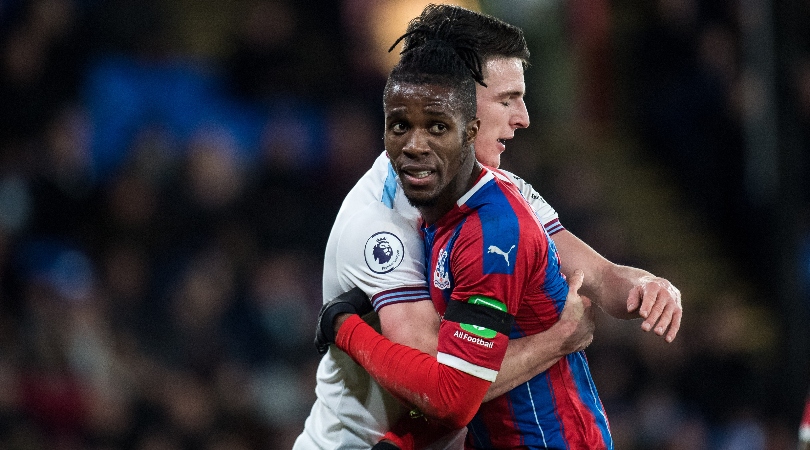
While club football at the highest level is influenced significantly by transfer business, the international game is more traditional.
National teams can only select the footballers eligible to play for them, be it by birth, residency or by virtue of a family connection.
That makes movement rare in international football, but there are still many examples of footballers who have switched allegiance from one national team to another.
Here, a look at some of the most notable cases and the stories behind the changes...
32. Rogelio Funes Mori

Rogelio Funes Mori made his Argentina debut in a game against Brazil in 2012, but the striker never played again for the Albiceleste.
Following a successful spell in Mexico with Monterrey, he requested a change of international allegiance in 2019, but was turned down by FIFA. When a change of rules regarding naturalised players came in, he reiterated his interest and made his Mexico debut after receiving citizenship in 2021.
31. Steven Caulker
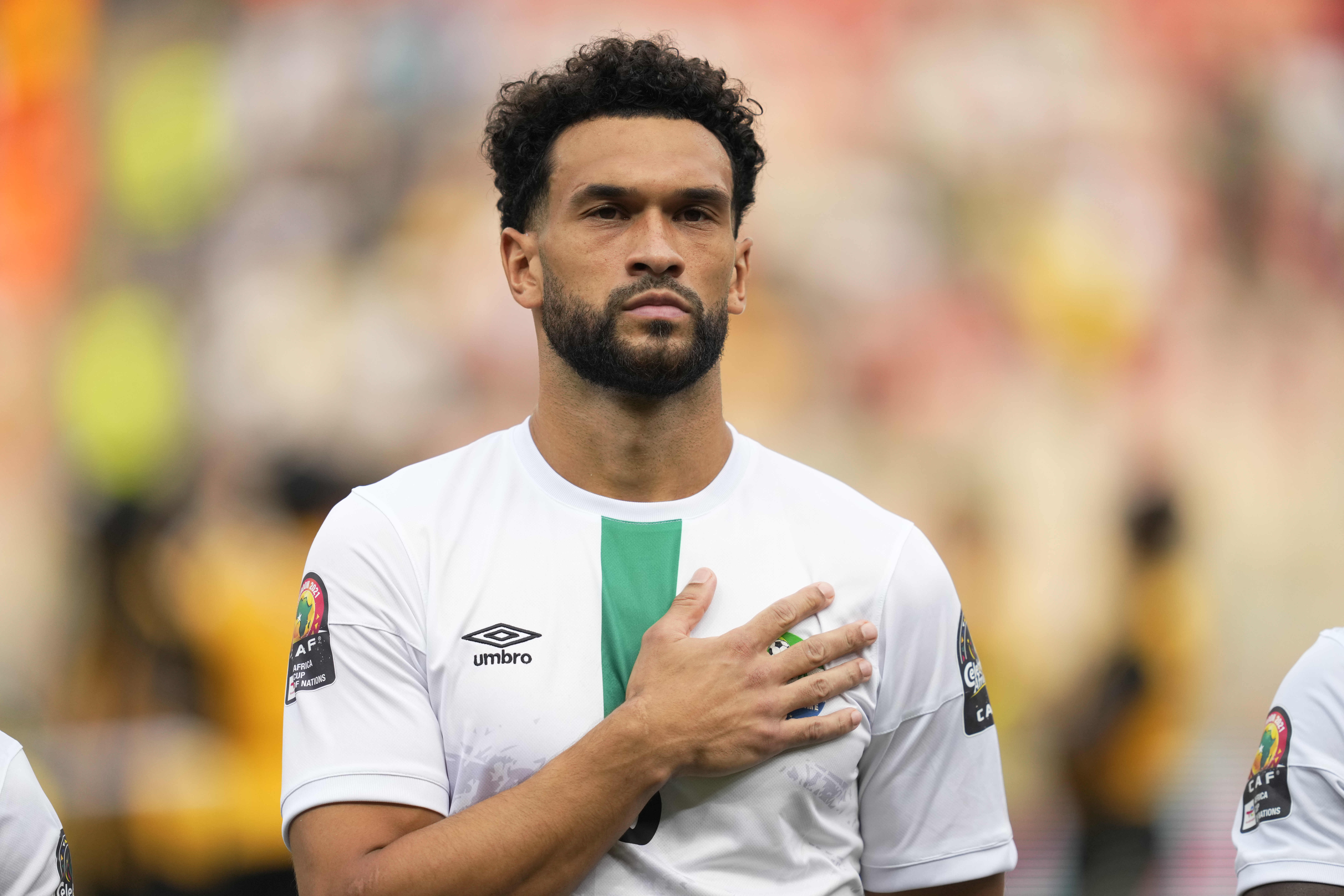
Steven Caulker played for Great Britain at the 2012 Olympics and made his England debut later in the year as he started against Sweden and scored to put the Three Lions 2-1 ahead in an eventual 4-2 defeat.
The central defender later expressed his desire to represent Scotland, having been eligible through his maternal grandmother, but ultimately switched allegiance to Sierra Leone – the country of his paternal grandfather – in 2021 and represented the south-west African nation in the AFCON in 2022.
30. Alex Bruce
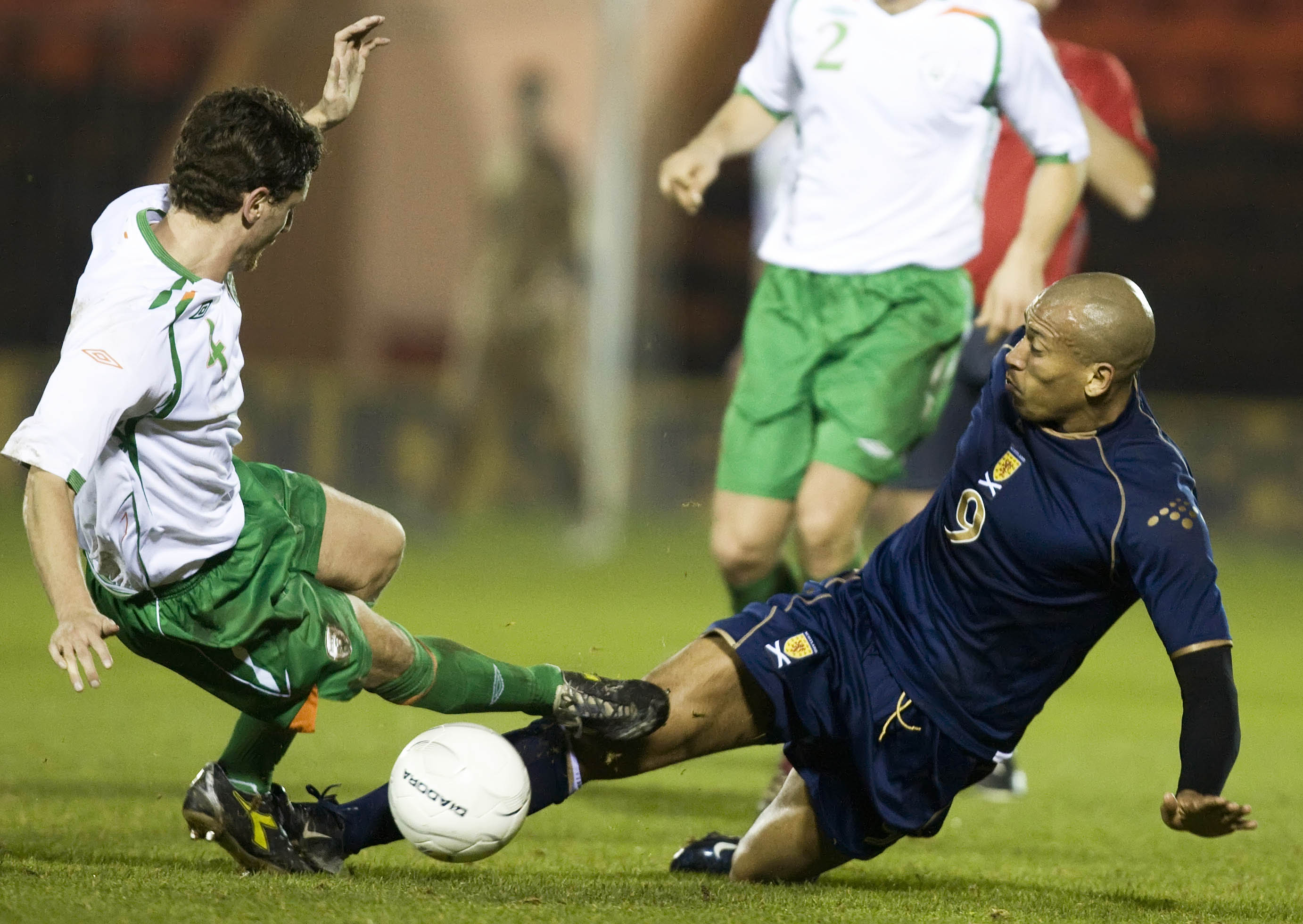
Alex Bruce is the only player to have represented the Republic of Ireland and Northern Ireland at senior level since a FIFA intervention to prevent switches between the two associations in 1950.
The defender, son of former Manchester United defender Steve Bruce, was convinced to switch his international allegiance by former Northern Ireland manager Nigel Worthington after he had appeared in just two friendlies for the Republic. But Worthington lost his job a few weeks later and Bruce would only play twice for Northern Ireland as well.
29. Denis Odoi

Born and raised in Belgium, Denis Odoi was also eligible to play for Ghana through his father.
The full-back made his Belgium debut against Montenegro in 2012, but was not selected again and after 10 years without an international cap, the former Fulham player started playing for Ghana in 2022.
28. Helder Costa

Helder Costa was born in Angola but began his career in Portugal and represented the European nation from Under-16 level all the way through to the senior side.
The former Leeds United, Valencia and Wolves attacker scored against Scotland on his only appearance for Portugal in 2018, but later opted to represent Angola. In November 2021, he scored against Egypt on his debut for the west African nation.
27. Chris Armas
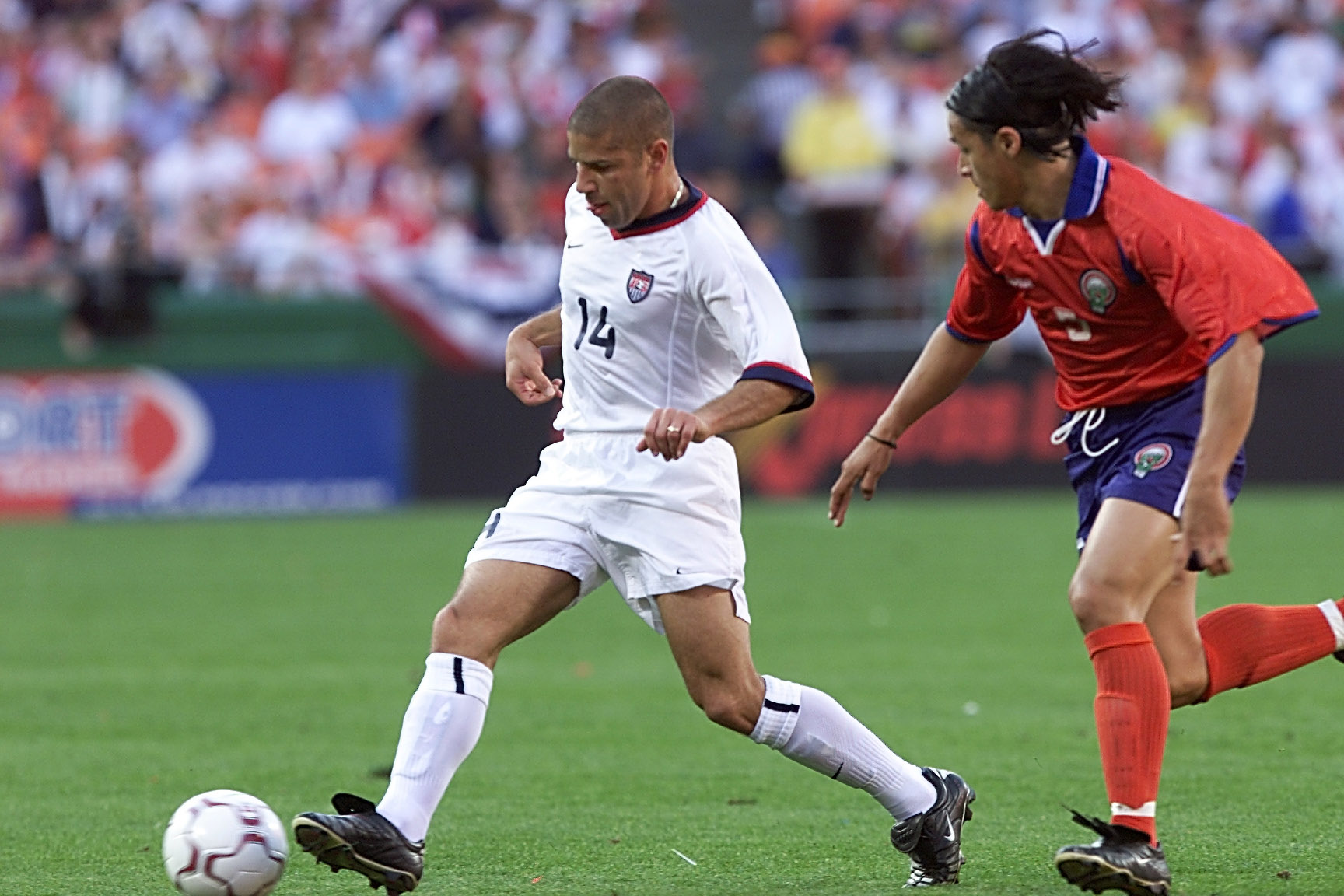
Born in New York, Chris Armas is of Puerto Rican descent and the midfielder went on to represent both Puerto Rico and USA at international level.
Armas played in the 1993 Caribbean Cup, but the tournament was not recognised by FIFA and his appearances were therefore classed as friendly fixtures. He went on to earn 66 caps for the USMNT between 1998 and 2005, winning the CONCACAF Gold Cup in 2002 and 2005.
26. Franco Vazquez
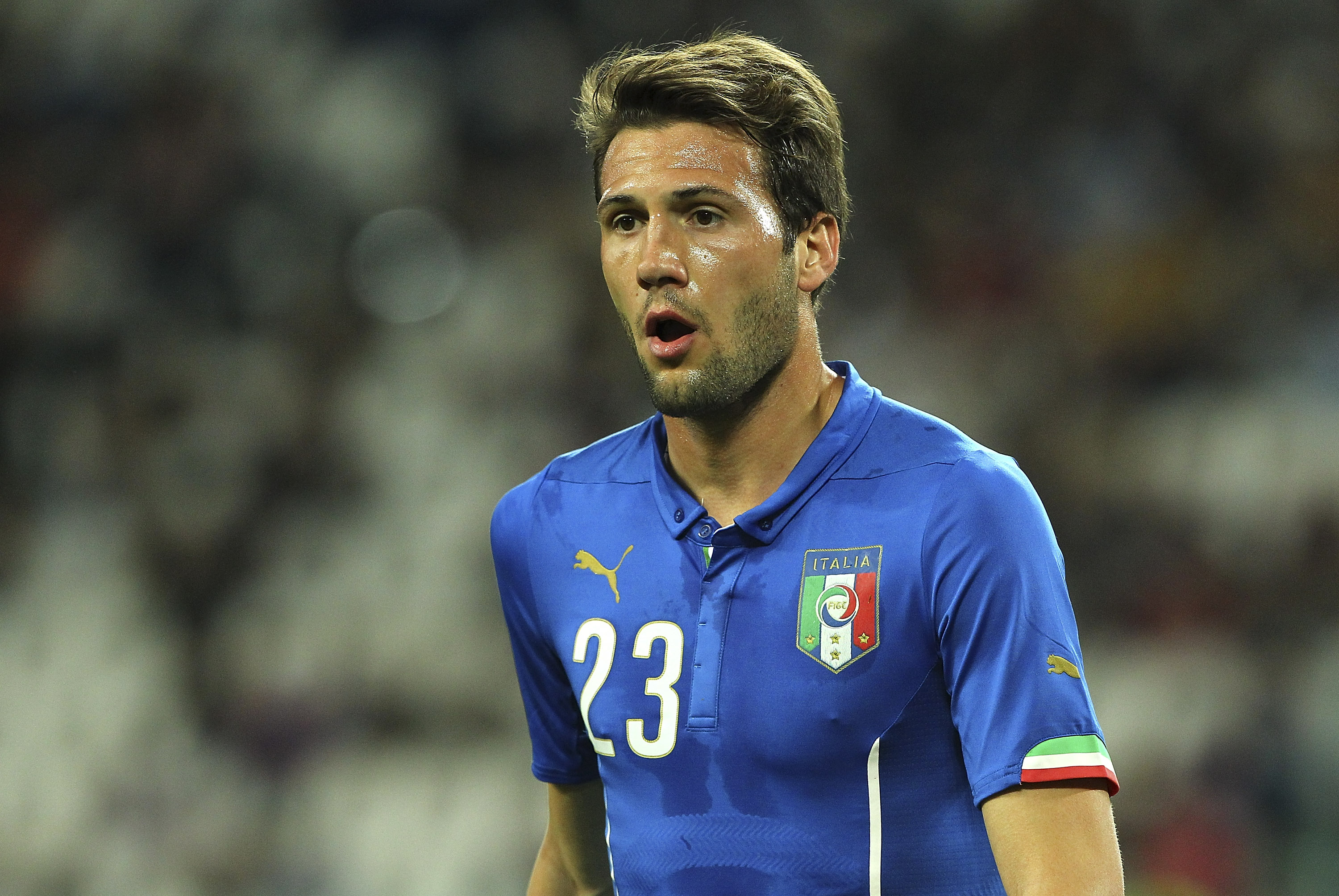
Born in Argentina, Franco Vazquez also has Italian citizenship and accepted a call-up to represent the Azzurri in 2015.
The attacking midfielder made substitute appearances in friendlies against England and Portugal, but later regretted it and made himself available for Argentina. He went on to win three caps for the South Americans in 2018, but has not been called up again since.
25. Munir El Haddadi
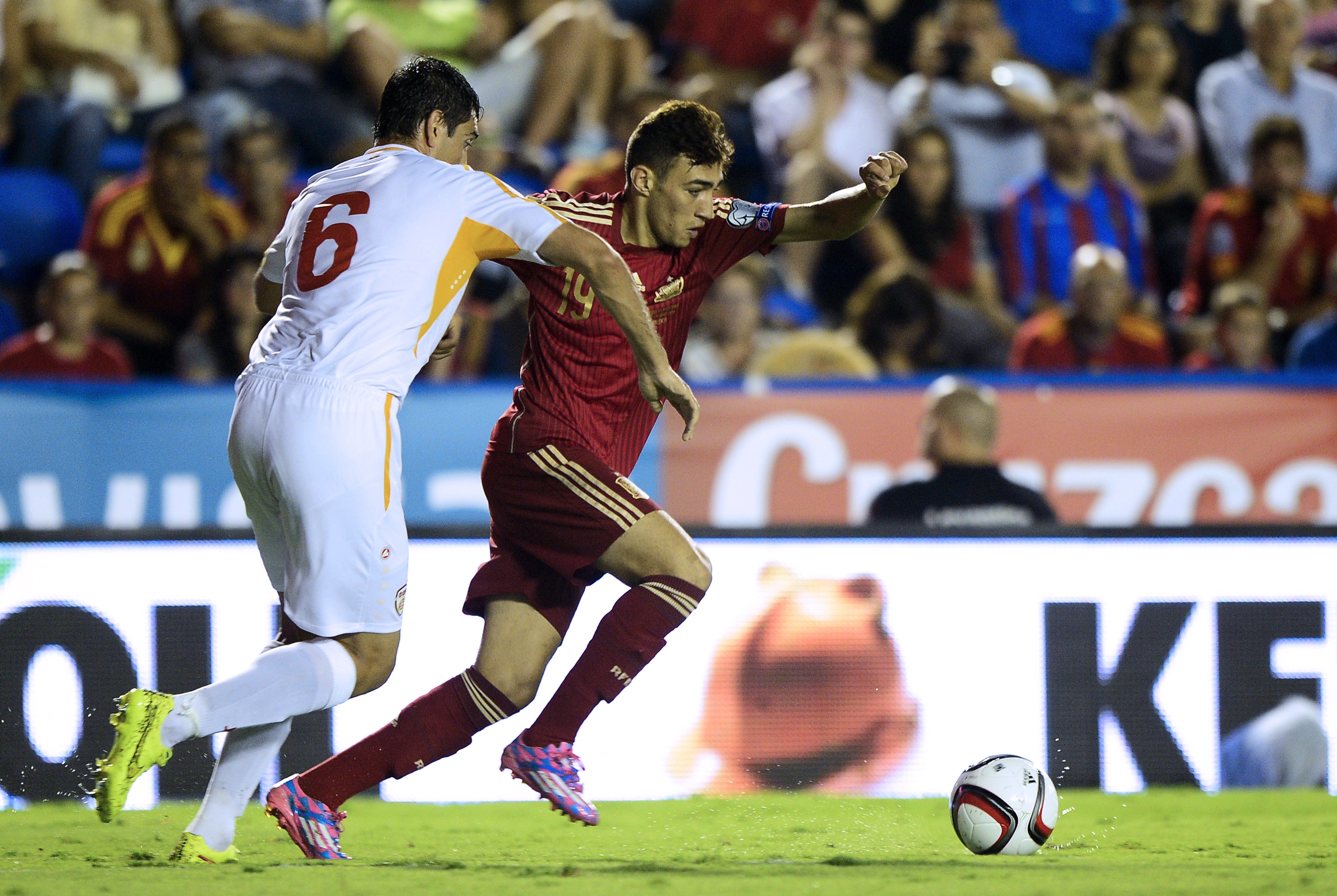
After breaking through at Barcelona in 2014, Munir El Haddadi made his Spain debut that same year in a Euro 2016 qualifier against Macedonia.
The striker said he had never considered playing for Morocco, where his father is from, but had a change of heart in 2017 and later received the green light from FIFA as he made his Spain appearance under the age of 21. He has played for the Atlas Lions since 2021.
24. Jose Santamaria
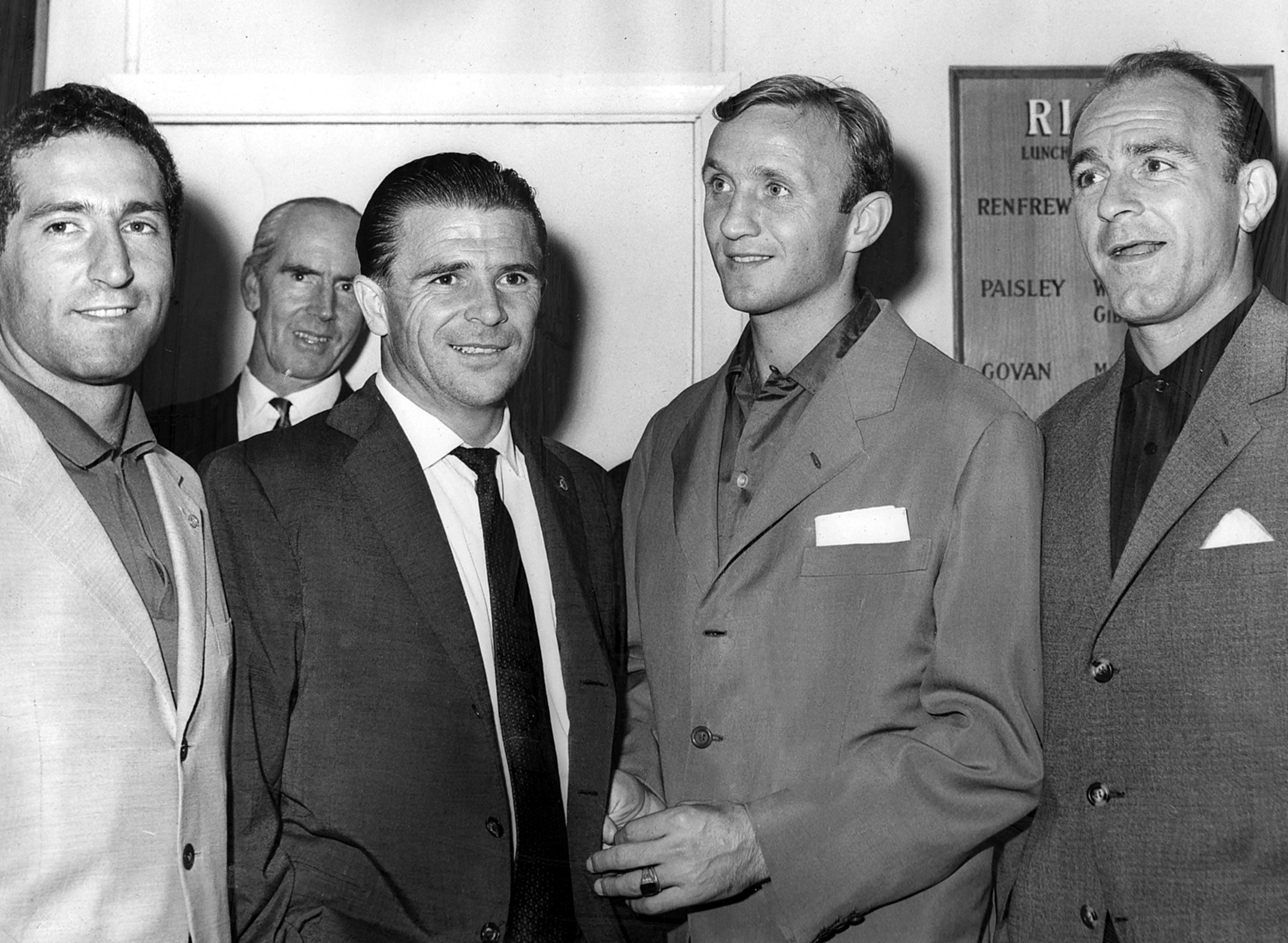
Jose Santamaria was called up by Uruguay to play as an inside forward at the 1950 World Cup, but the request was denied by his club Nacional on account of him being a defender.
Although he missed out as Uruguay won the trophy, Santamaria went on to play 20 times for the Celeste, but represented Spain between 1958 and 1962 following his move to Real Madrid. He later coached La Roja at the 1982 World Cup.
23. Julian Araujo
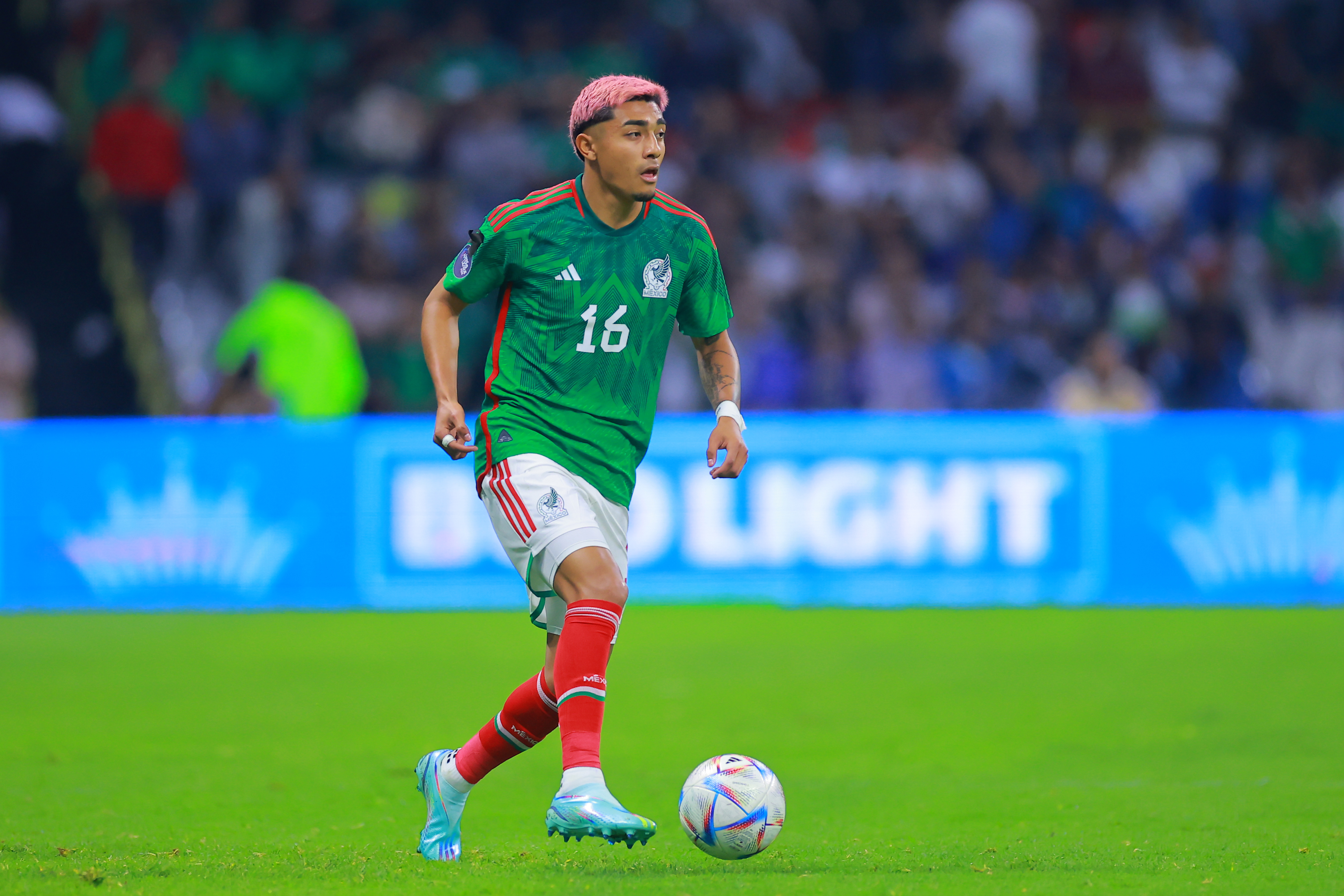
Born in Lompoc, California to Mexican parents, Julian Araujo was eligible to represent both nations and played for the United States all through his youth career.
Araujo made his USA debut in 2020 against El Salvador, but requested a switch in 2021 and has played for Mexico ever since. The right-back joined Barcelona from LA Galaxy in 2023, but was loaned out to Las Palmas for the 2023/24 season.
22. Hossem Aouar

Hossem Aouar represented France at Under-17 level and after progressing through the youth ranks, the midfielder eventually made his senior debut for Les Bleus in 2020.
But the midfielder was not called up again and decided to switch allegiance to Algeria, the country where his parents were born, in 2023. Aouar later said he regretted playing for France.
21. Nacer Chadli
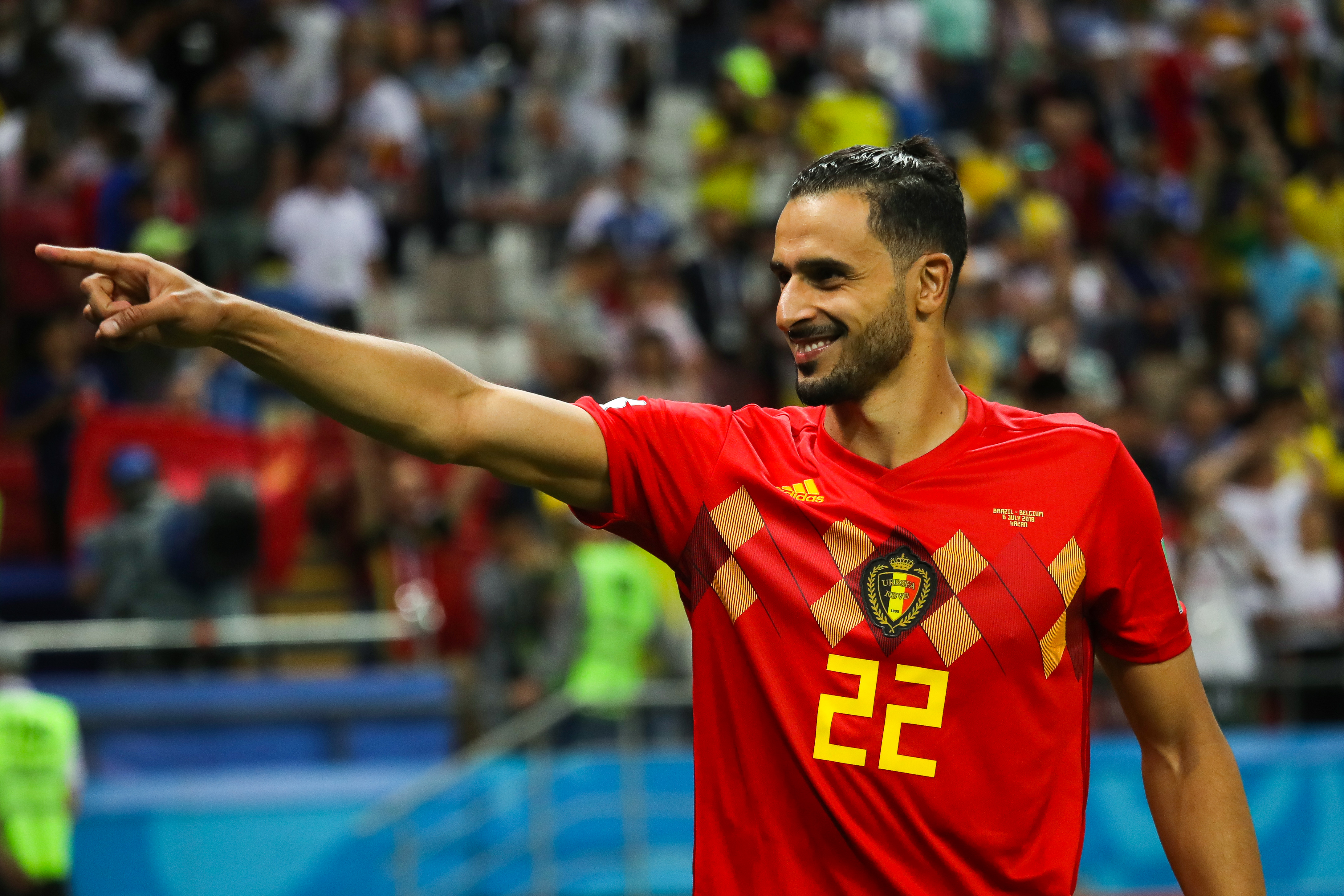
A regular for Belgium between 2011 and 2021, Nacer Chadli won 66 caps for the Red Devils in that time, but the attacking midfielder had previously played for Morocco.
A dual citizen, Chadli appeared once for Morocco in a 1-1 draw against Northern Ireland in 2010, but declared his intention to play for Belgium the following January. The former Tottenham player went on to feature in two World Cups for the European side and scored a memorable winner against Japan in 2018.
20. Jermaine Jones
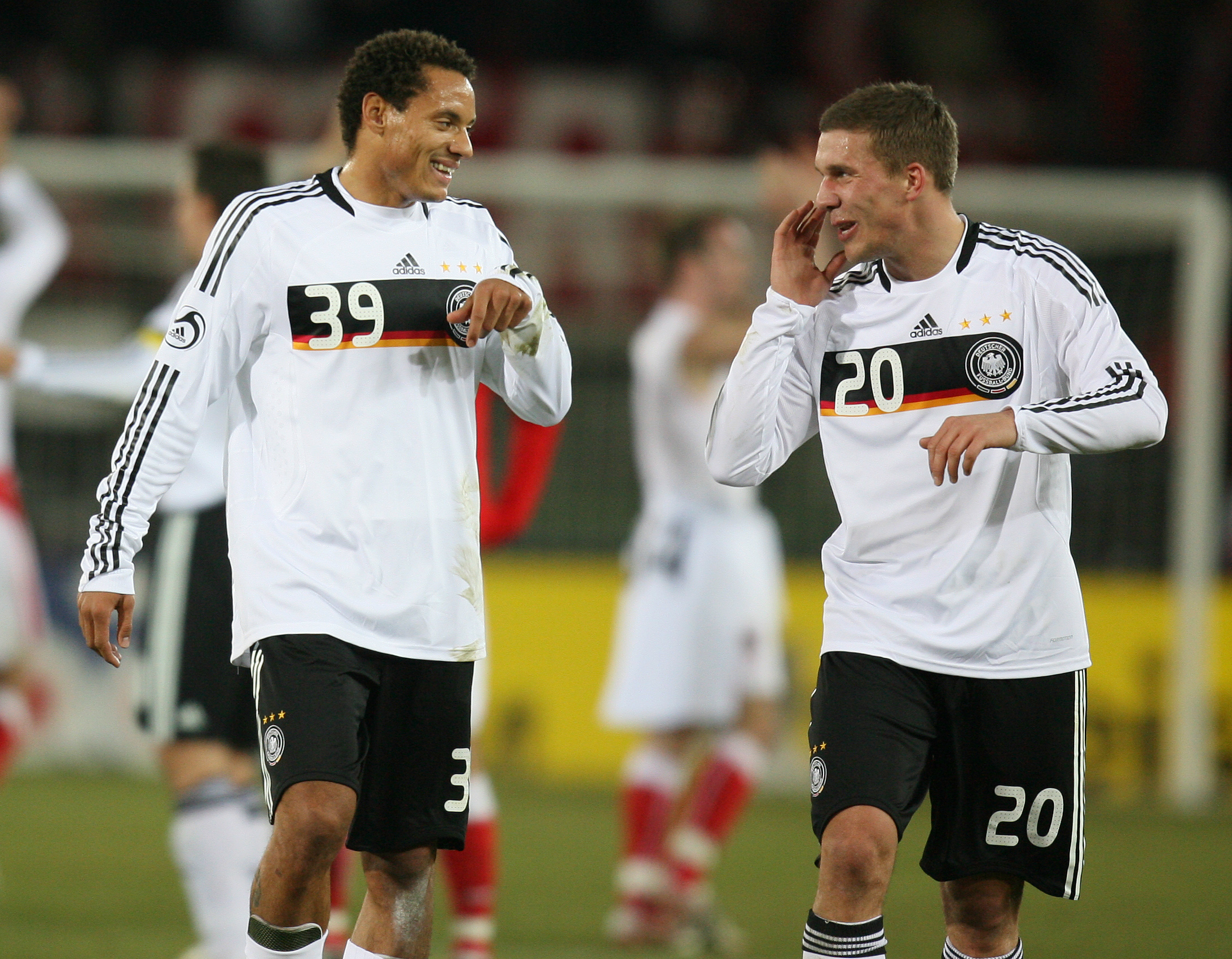
Born in Frankfurt to a German mother and an African American father, Jermaine Jones spent much of his childhood in the USA.
The midfielder played in Germany in the early years of his career and was called up to the national team during his time at Eintracht Frankfurt. He made three appearances for Germany but, realising he did not feature in their long-term plans, decided to represent USA instead and went on to win 69 caps for the USMNT.
19. Geoffrey Kondogbia
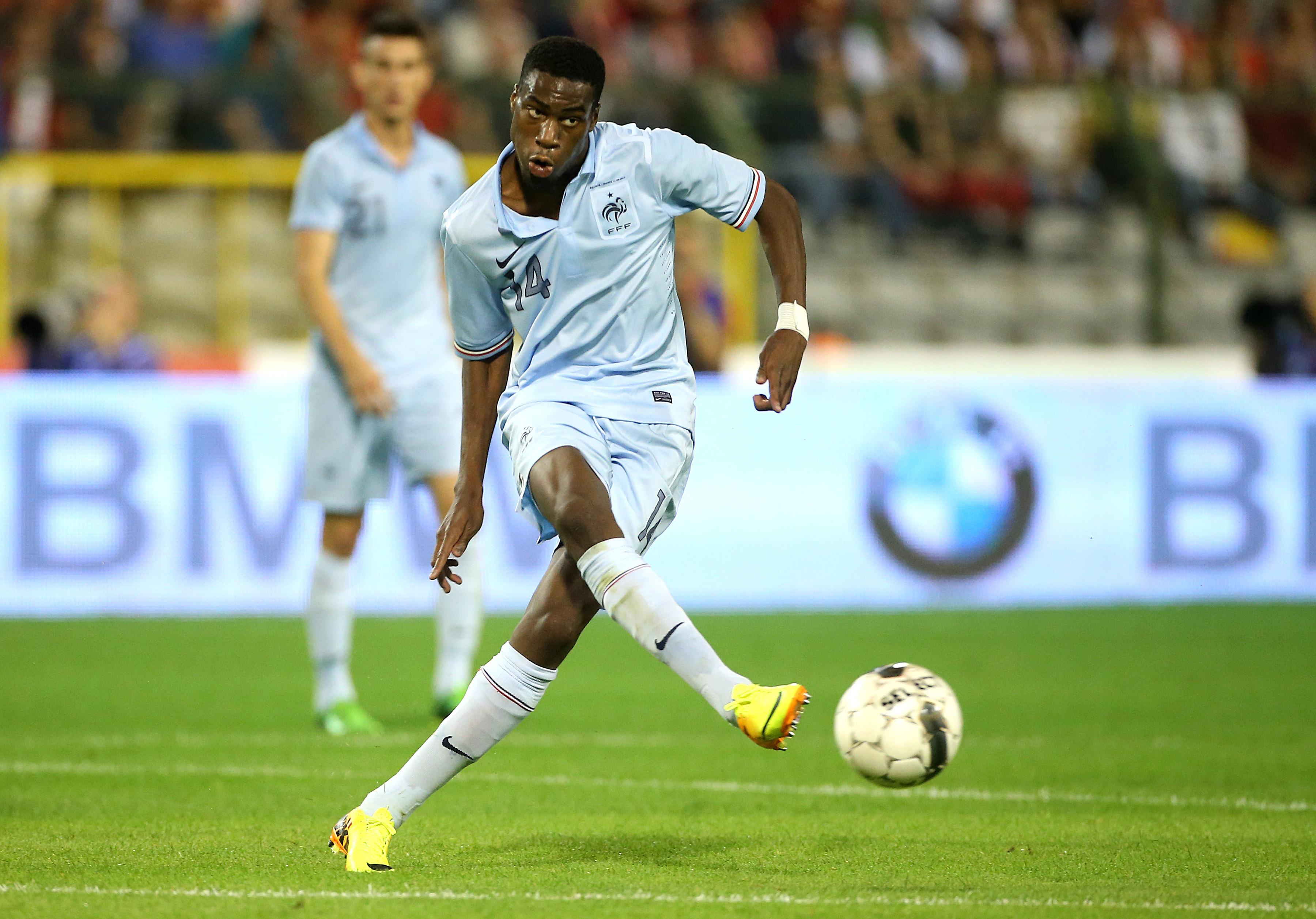
Geoffrey Kondogbia played five matches for France between 2013 and 2015, but none of those were competitive fixtures. So after a period without a call-up, he decided to switch international allegiance.
Although he was born in France, Kondogbia was eligible to represent the Central African Republic through his parents and the former Inter, Valencia and Atletico Madrid midfielder made his CAR debut in 2018.
18. Denzel Dumfries
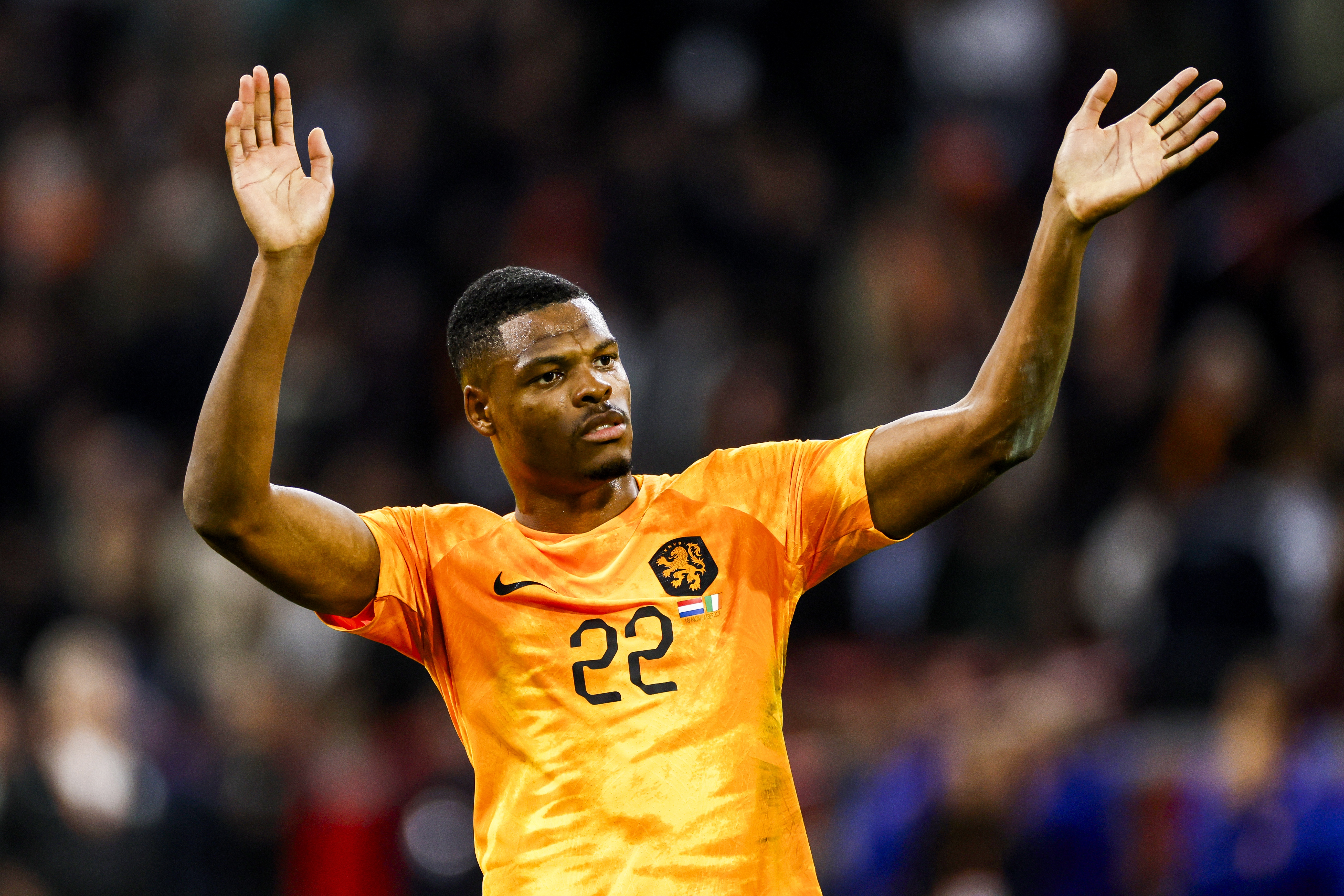
Born in Rotterdam and a Dutch international since 2018, Denzel Dumfries previously represented Aruba in two games against Guam in 2014.
Eligible for Aruba through his father, for Suriname via his mother and the Netherlands by birth, he has played only for the Dutch at youth and senior level since 2016 and has gone on to become one of the Oranje's most important players.
17. Thiago Motta
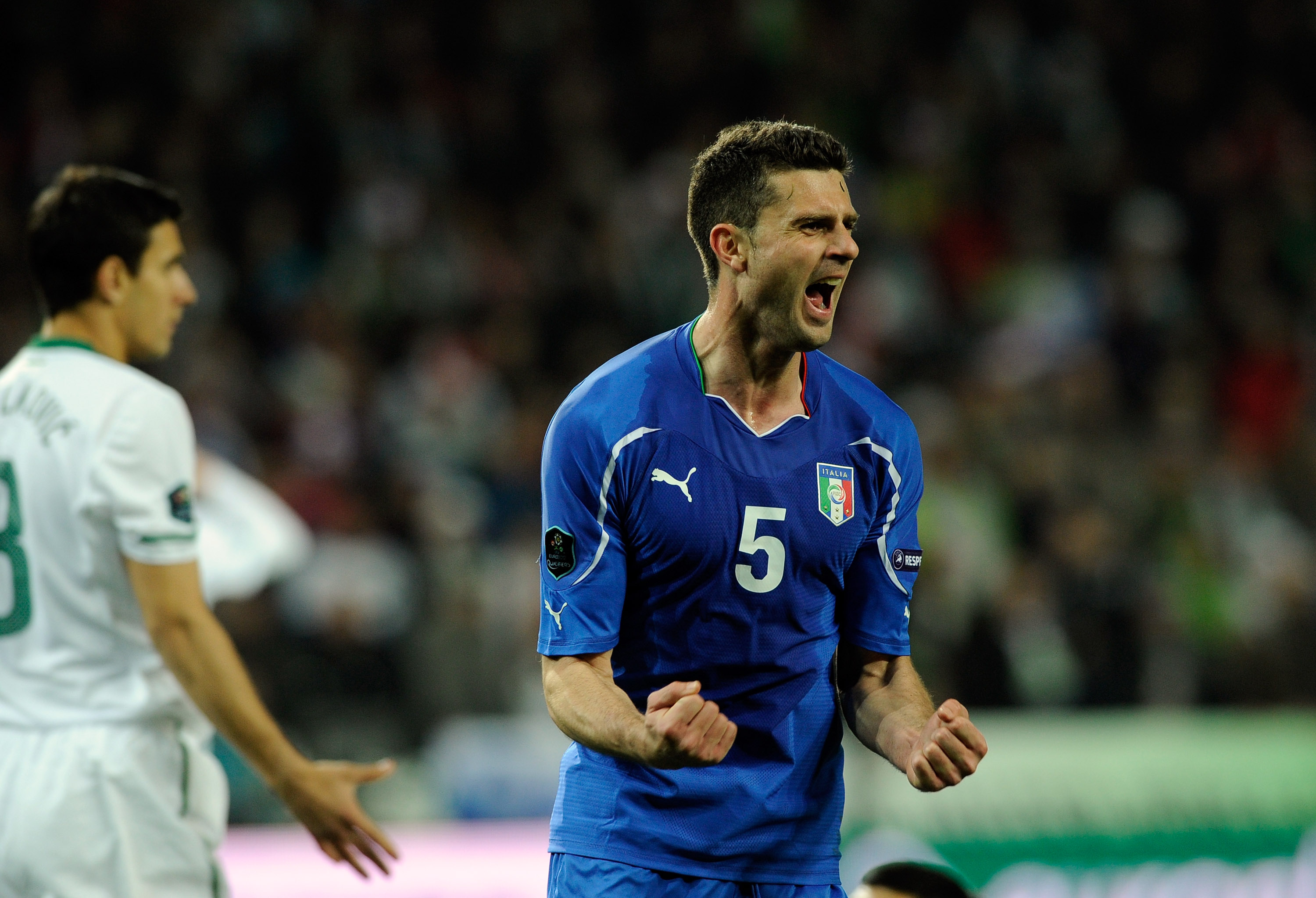
Thiago Motta was capped twice by his native Brazil in 2003, during his time as a Barcelona player, making two appearances for the Seleção as the South Americans were invited to take part in the CONCACAF Gold Cup.
But the midfielder, who also has Italian citizenship, was never called up again by Brazil and was given FIFA clearance to switch allegiance in 2011 after an impressive spell at Inter. He played 30 times for Italy, scoring once, and was part of the squad which reached the final of Euro 2016.
16. Juan Alberto Schiaffino
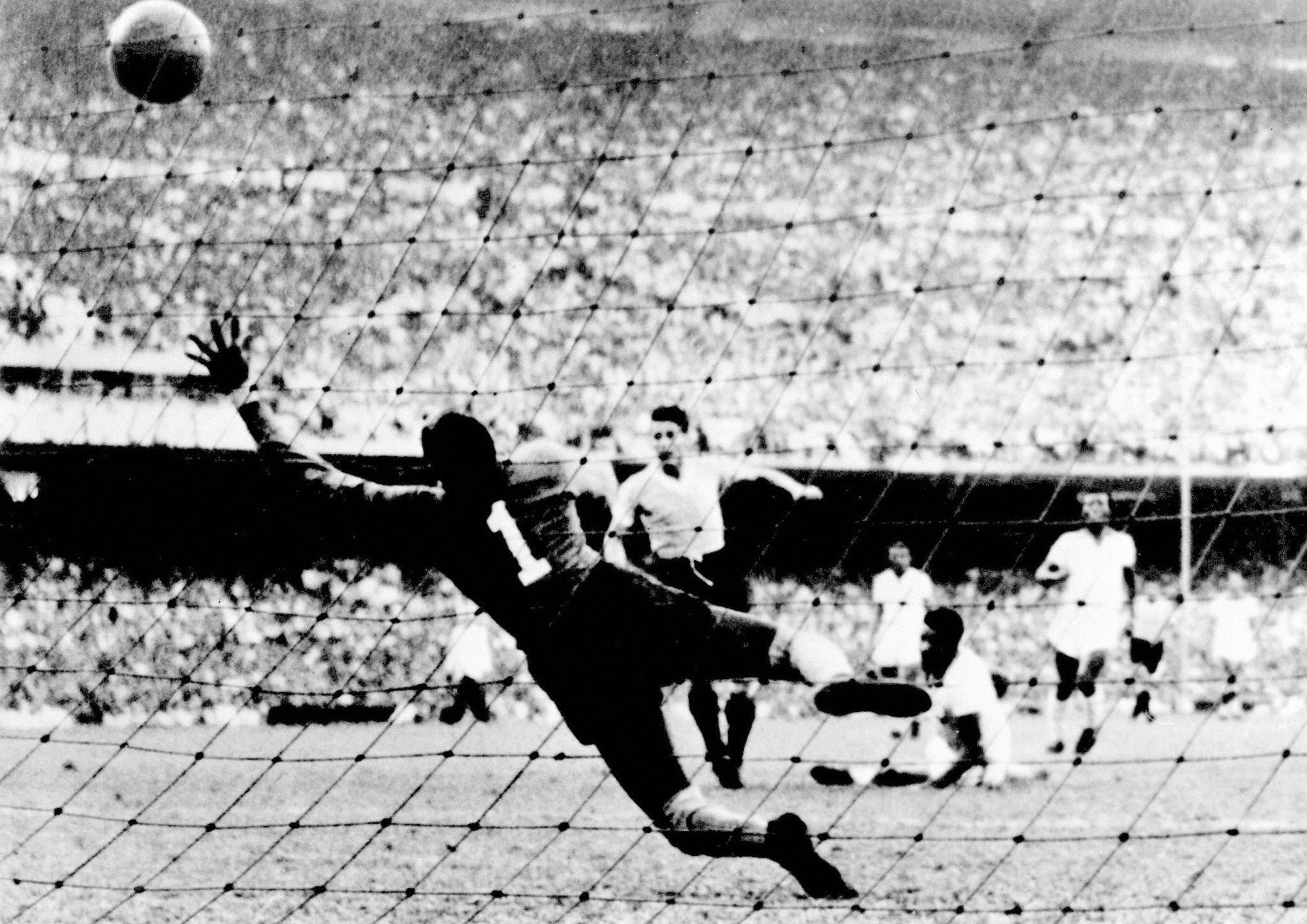
Juan Alberto Schiaffino scored Uruguay's first goal in a shock 2-1 win over Brazil in the deciding match at the 1950 World Cup.
The forward also helped Uruguay finish fourth in the 1954 World Cup, scoring nine goals in 21 appearances for the Celeste overall, but he went on to represent Italy in four games after moving from Peñarol to AC Milan later that year.
15. Paulino Alcantara
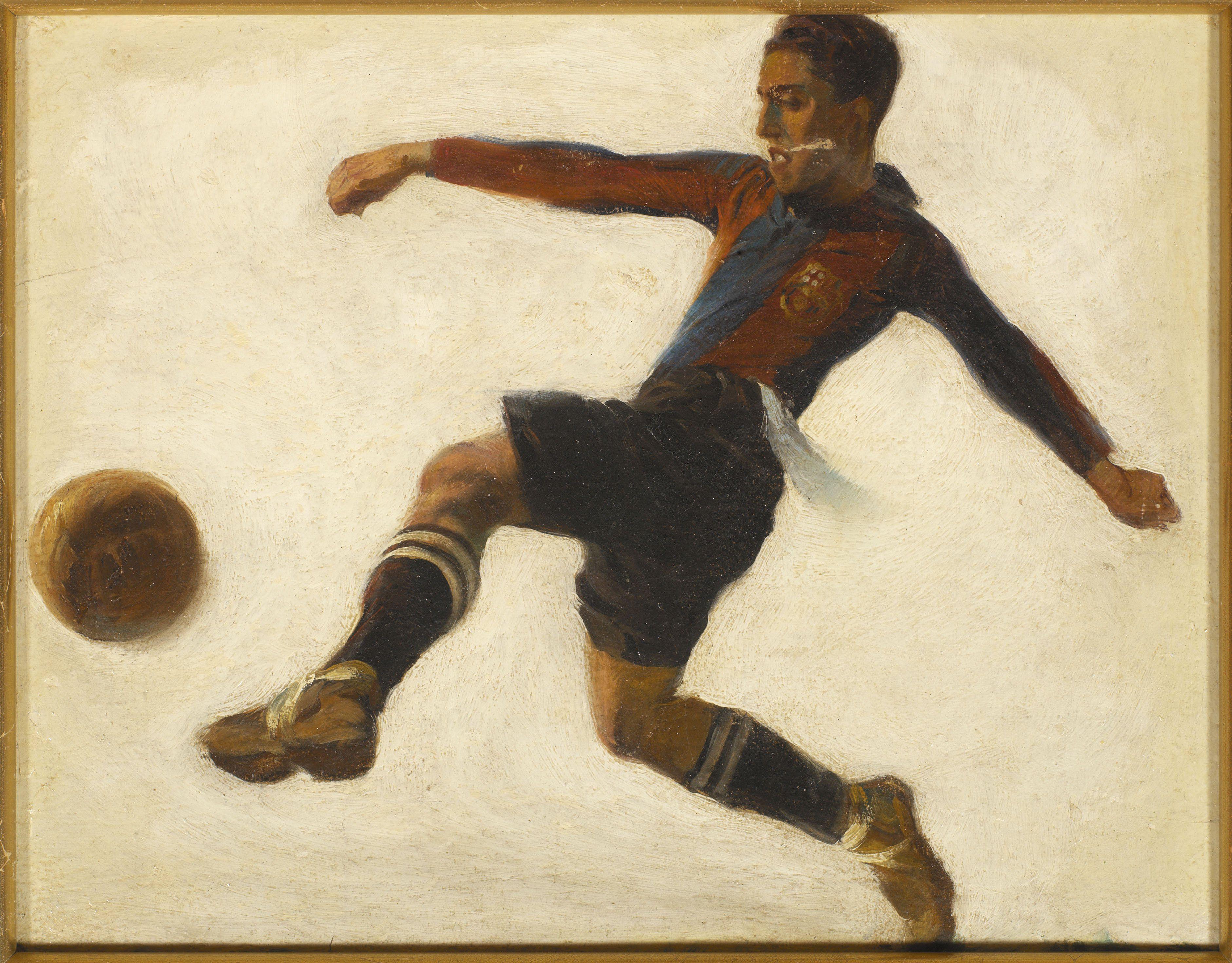
Paulino Alcantara scored 369 times for Barcelona between 1918 and 1927 and is the Catalan club's second highest all-time scorer behind Lionel Messi, although a large number of his goals came in friendly fixtures.
Born in the Philippines, he represented the south-east Asian country at international level, as well as appearing for both Catalonia and Spain during his time at Barça. After retiring from football, he became a doctor.
14. Joe Gaetjens
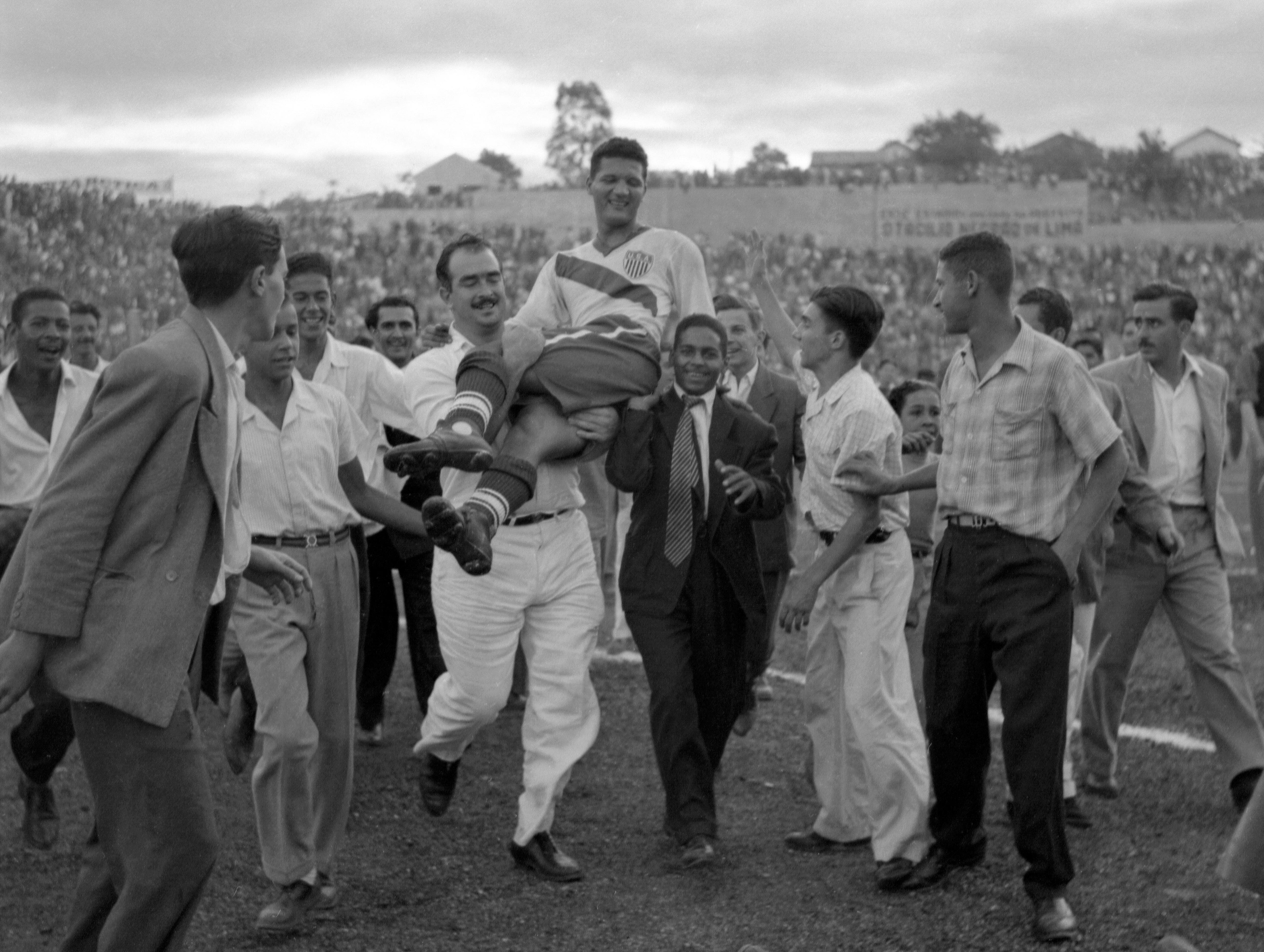
Born in Haiti, Joe Gaetjens made a couple of appearances for the national team in the 1940s. While studying in New York, he impressed the United States Soccer Federation during his time at Brookhattan in the American Soccer League and was called up for the 1950 World Cup.
In a match against England in Belo Horizonte on June 29th, Gaetjens scored the only goal of the game as USA produced a huge upset. Upon his call-up, he had declared his intention of becoming a US citizen, but was not at the time of the 1950 World Cup and never did become one. He later played one more match for Haiti in 1953.
13. Amir Rrahmani
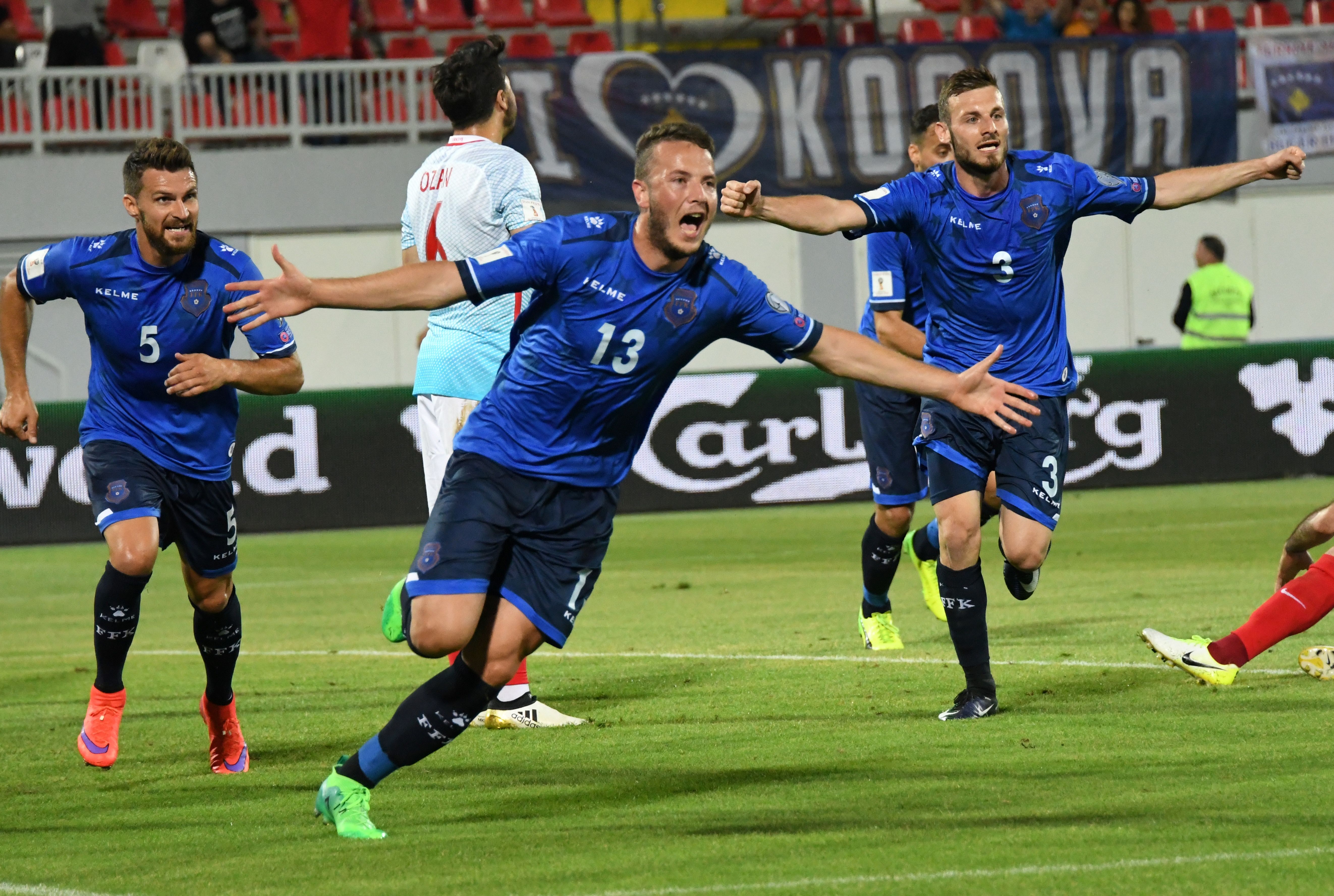
Amir Rrahmani made two appearances for Albania in 2014 and 2015, but has represented Kosovo at international level ever since the nation was accepted by UEFA and FIFA in 2016.
The centre-back, who was born in the Kosovan capital Pristina, had previously featured for Kosovo in a match against Senegal sanctioned by FIFA in 2014. Rrahmani was part of the Napoli squad for their Serie A win in 2022/23.
12. Iñaki Williams
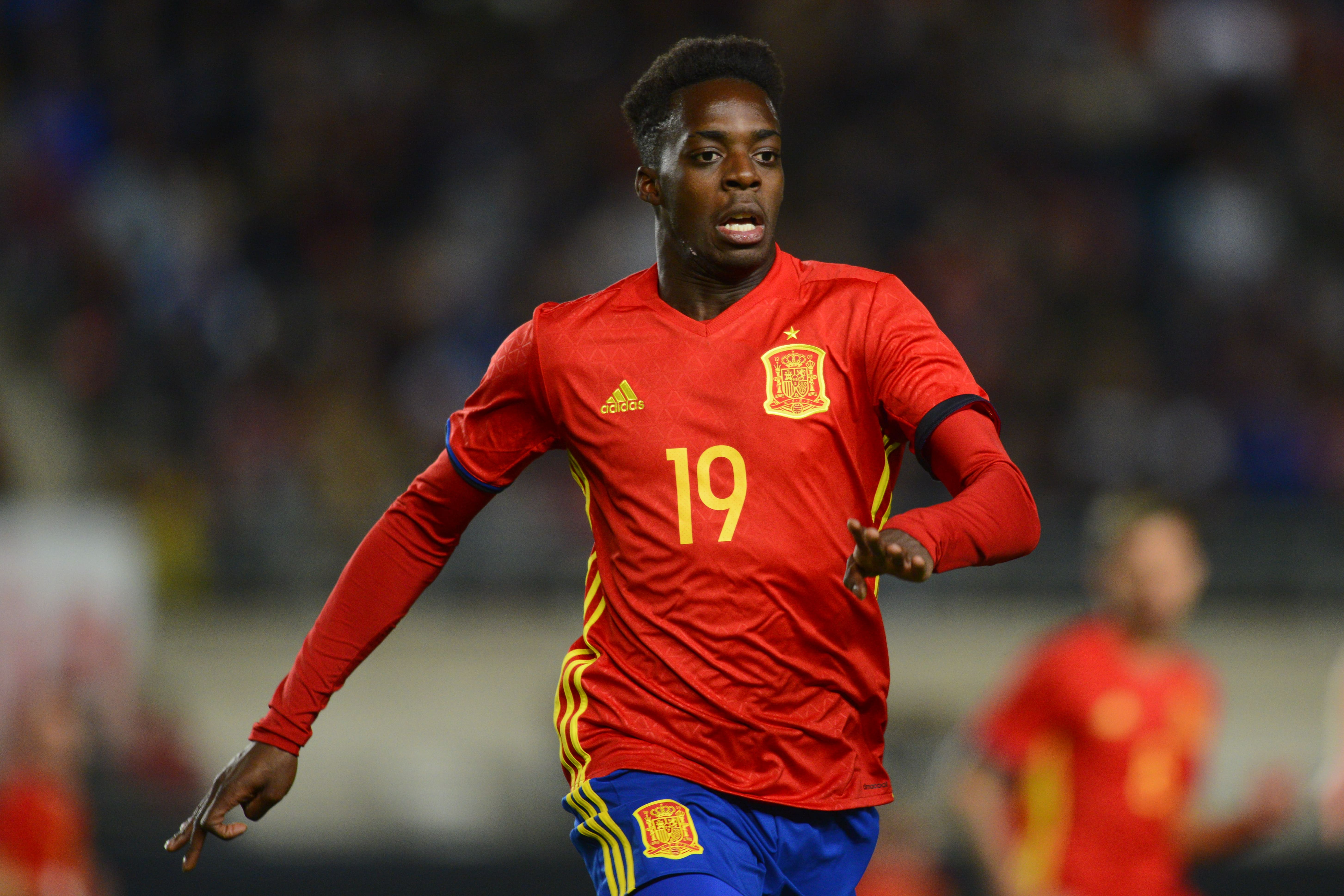
Iñaki Williams played for Spain at Under-21 level and, on standby for Euro 2016, the Athletic Club attacker made his senior debut as a substitute against Bosnia and Herzegovina in May 2016.
But the Basque did not appear for Spain again in the following years and in 2022, made himself available for selection with Ghana, the country where his parents were born. Iñaki played for the Black Stars at the 2022 World Cup, while younger brother Nico was part of Spain's squad in Qatar.
11. Wilfried Zaha

Wilfried Zaha represented England at youth level and featured in friendlies against Belgium and Sweden for the senior side under Roy Hodgson, who would later become his manager at Crystal Palace.
Zaha, who was born in Ivory Coast, contacted FIFA in 2016 to request a change of international allegiance and despite attempts by England manager Gareth Southgate to dissuade him, the winger has represented the west African nation ever since.
10. Diego Costa
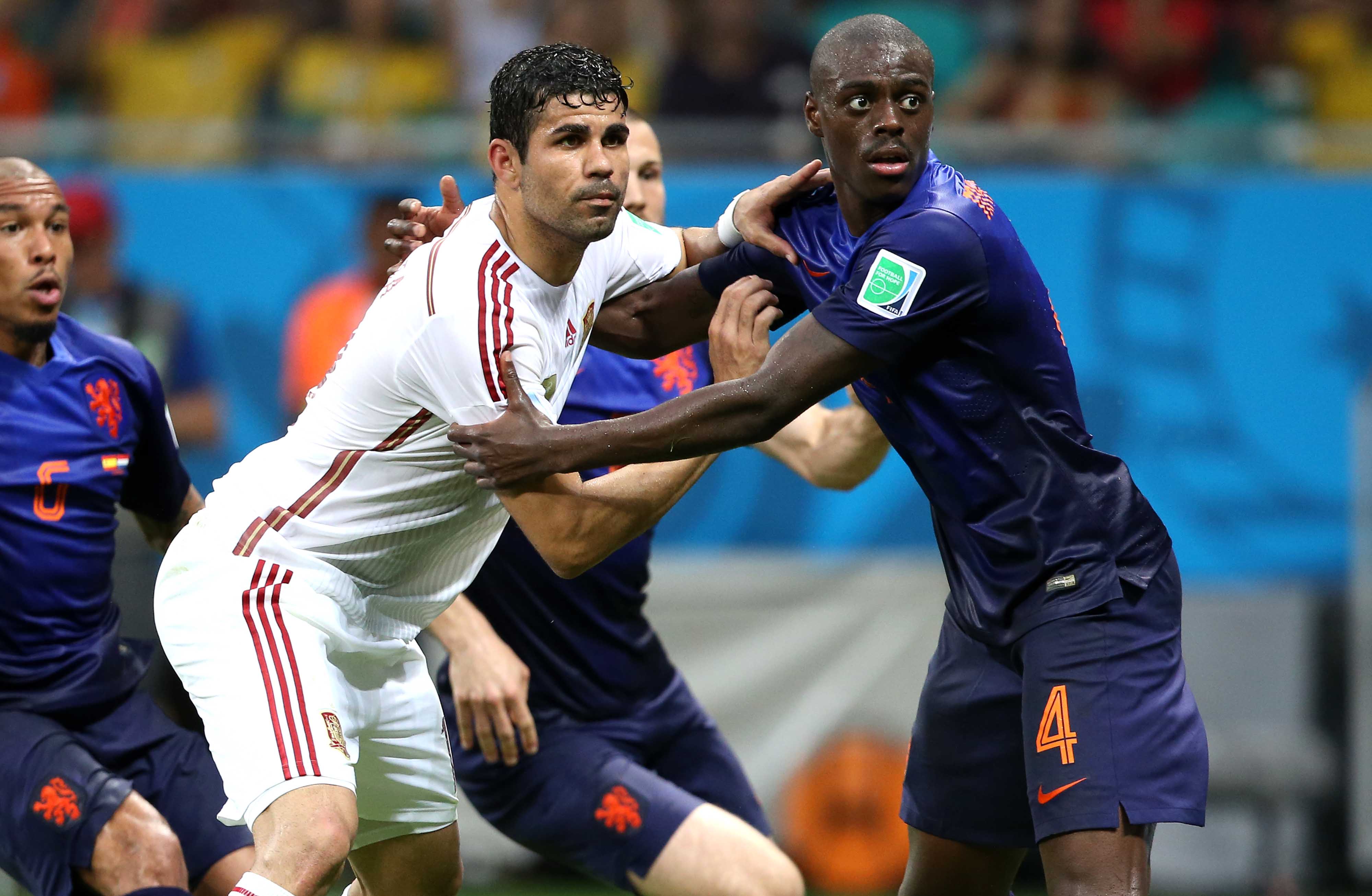
Ignored by his native Brazil in the build-up to the 2014 World Cup, Diego Costa accepted a call-up to play for Spain instead.
Costa won two caps for Brazil in 2013, but was back in his homeland as a Spain player at the 2014 World Cup. Powerless to prevent La Roja's first round exit, Costa went on to appear 24 times for Spain until 2018, scoring 10 goals. The striker had been eligible to represent La Roja after a long career in Spain with Celta Vigo, Albacete, Rayo Vallecano and Atletico Madrid.
9. Oleg Salenko
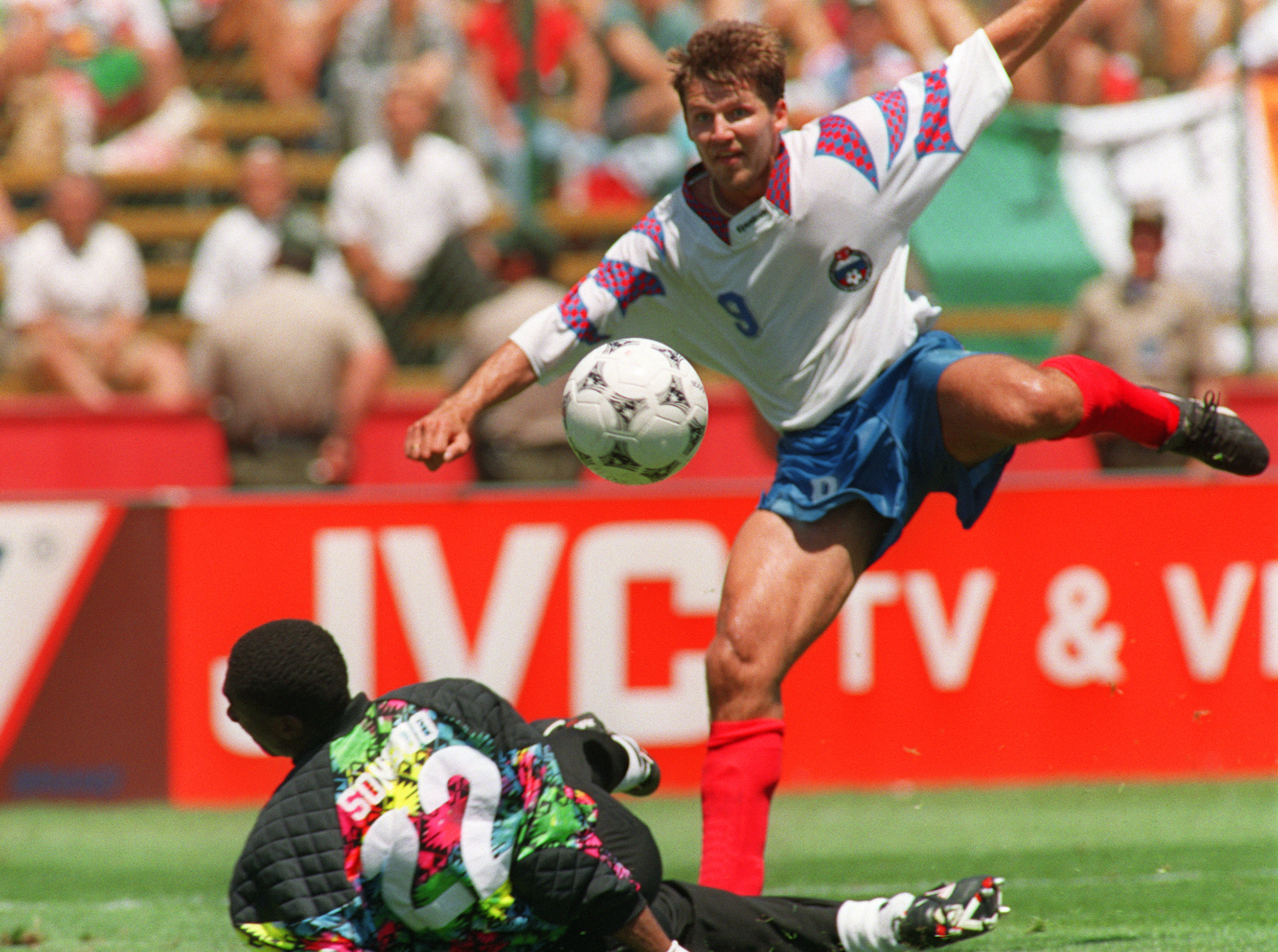
Oleg Salenko scored five goals for Russia in a 6-1 win over Cameroon at the 1990 World Cup and shared the Golden Boot with Hristo Stoichkov – despite his team being knocked out in the first round.
Born to a Ukrainian father and a Russian mother, Salenko had previously played for Ukraine in a 3-1 friendly loss to Hungary, which was the nation's first international fixture to be recognised by FIFA.
8. Alcides Ghiggia
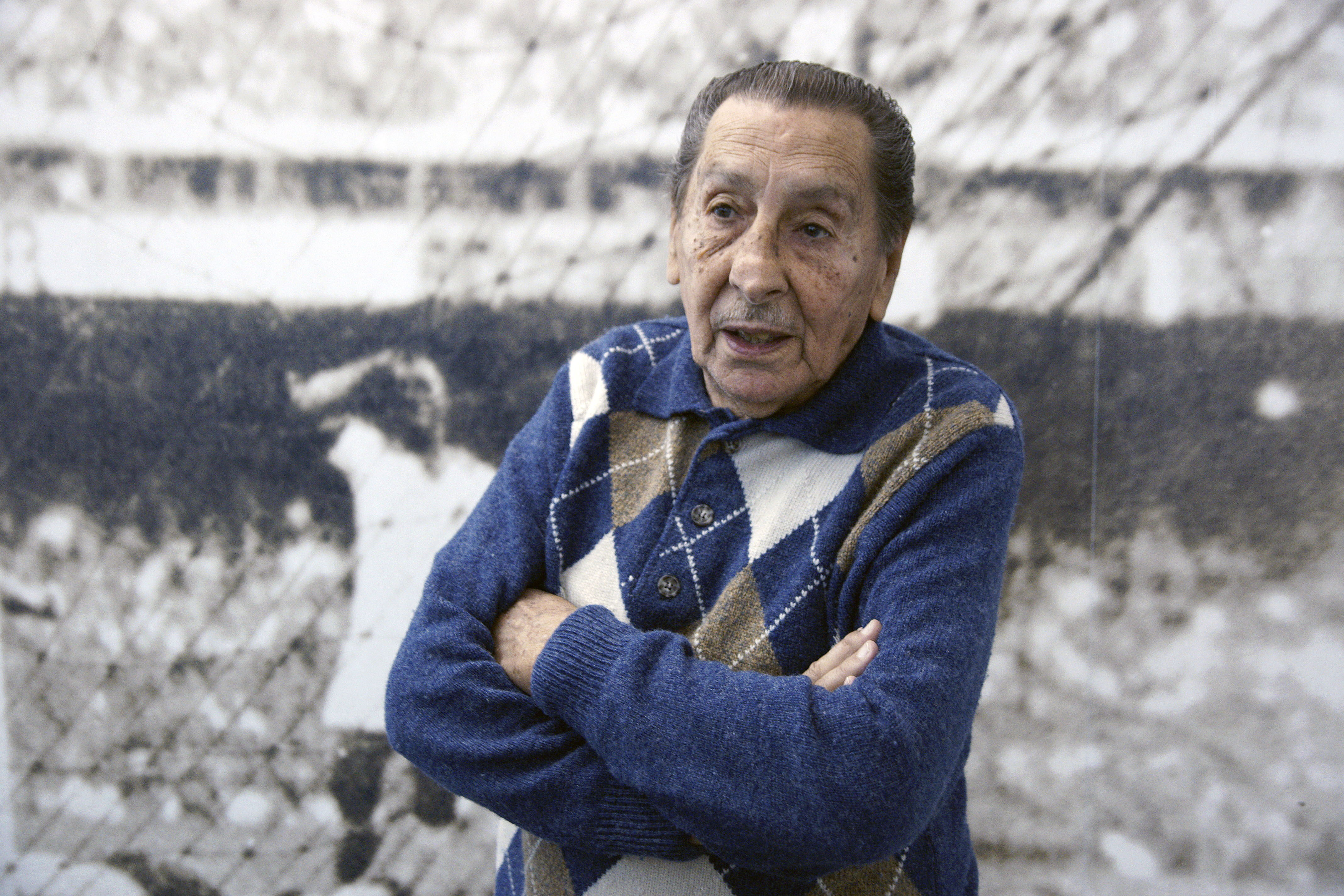
Alcides Ghiggia scored one of the most famous goals in football history as his strike for Uruguay against Brazil at the Maracana sealed an improbable triumph for the Celeste in the 1950 World Cup decider.
"Only three people managed to silence the Maracana," he later remarked. "Frank Sinatra, the Pope, and me." After moving to Roma in 1953, Ghiggia went on to play five games for Italy, scoring once.
7. Michel Platini
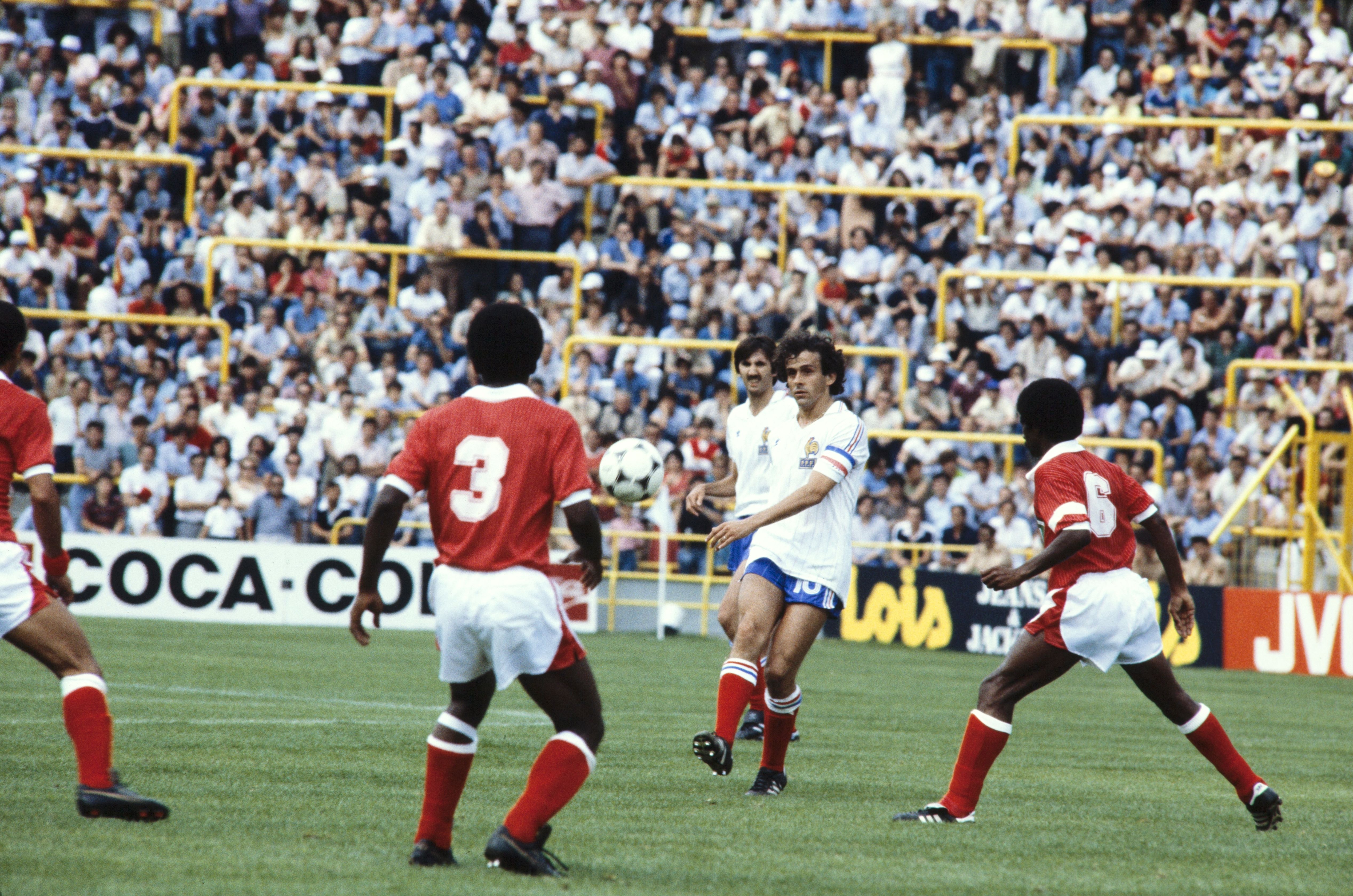
Michel Platini scored 41 goals in 72 appearances for France between 1976 and 1987 and is considered one of the greatest players in the history of French football.
One of those games was against Kuwait at the 1982 World Cup and bizarrely, Platini came out of retirement to play for the Middle Eastern nation in his final appearance, at the request of the Kuwaiti Emir in 1988. Platini played 21 minutes in the 2–0 loss to the Soviet Union.
6. Jose Altafini
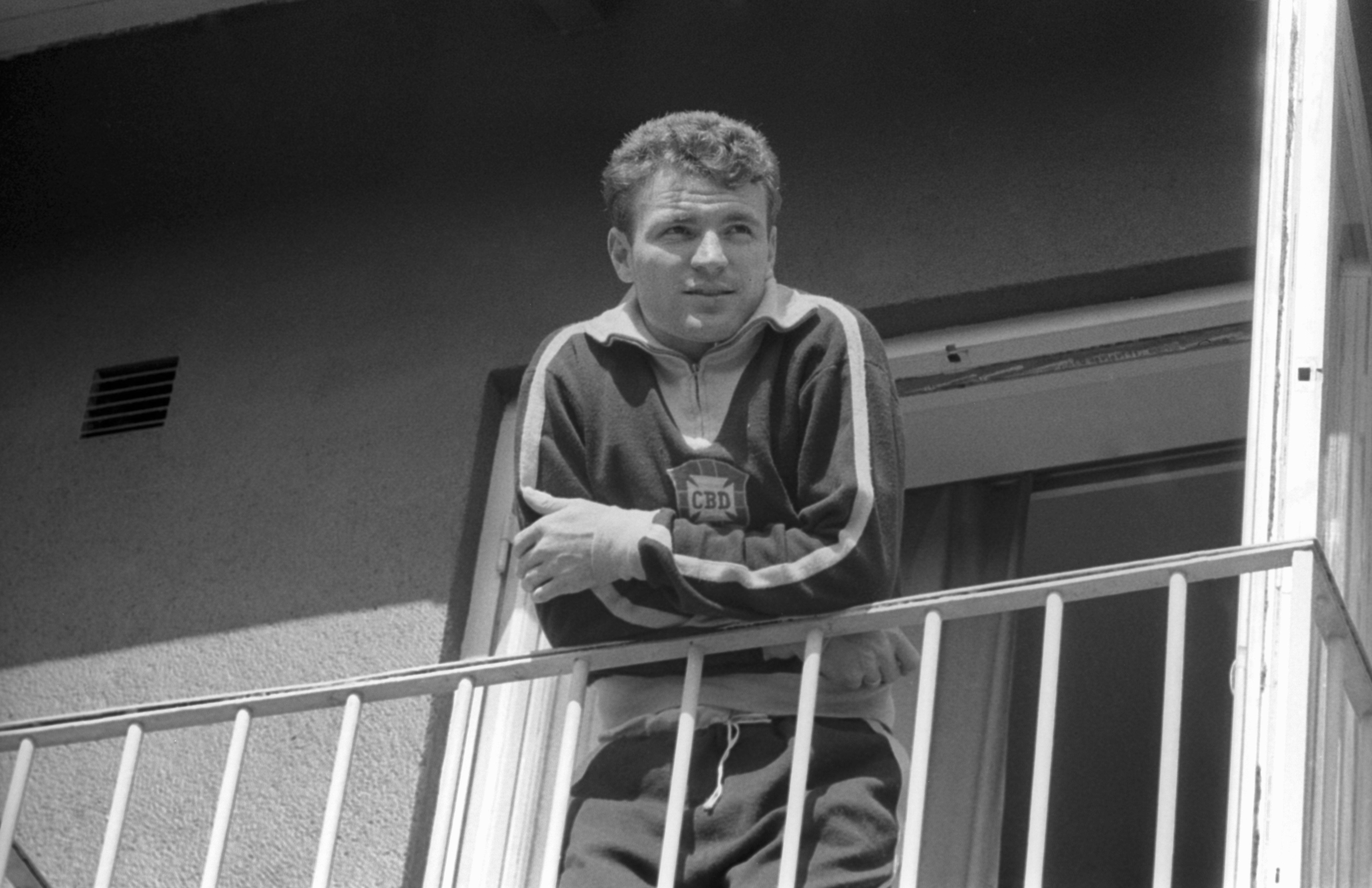
A Brazil-born forward with Italian ancestry, Jose Altafini was known as Mazzola in his country of birth as his playing style was said to resemble that of Italian legend Valentino Mazzola.
Playing as Mazzola, he made two appearances and scored two goals for Brazil in their World Cup-winning campaign in 1958, but went on to represent Italy after signing for AC Milan from Palmeiras later that year. At the time, Brazil did not pick overseas players, so he played for Italy as Altafini at the 1962 World Cup. The last player to have played for two different nations in the tournament, he was not picked again by Italy after the Azzurri's first round exit in Chile.
5. Declan Rice

Declan Rice was born in London but was eligible to play for the Republic of Ireland as his grandparents were from Cork.
After representing the Republic's youth sides, Rice made three appearances for the Boys in Green at senior level but changed allegiance after an approach from England and has featured prominently for the Three Lions since 2019.
4. Omar Sivori
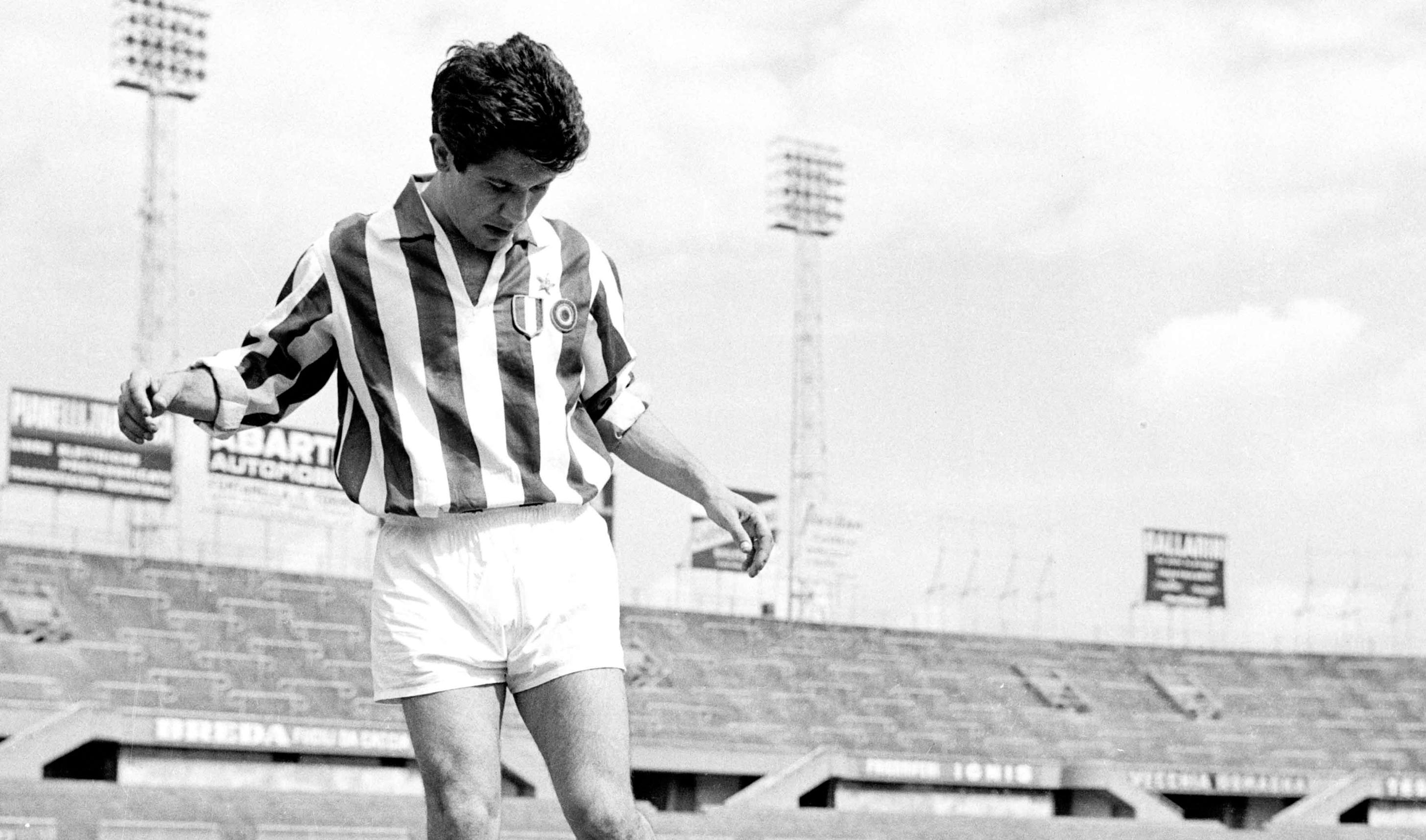
Omar Sivori scored nine goals in 19 appearances for Argentina between 1956 and 1957, but was banned from playing for the country of his birth after moving to Juventus.
The forward also had Italian ancestry and went on to represent Italy, scoring eight goals in nine games for the European team, but was unable to prevent a first round exit for the Azzurri at the 1962 World Cup in Chile.
3. Laszlo Kubala
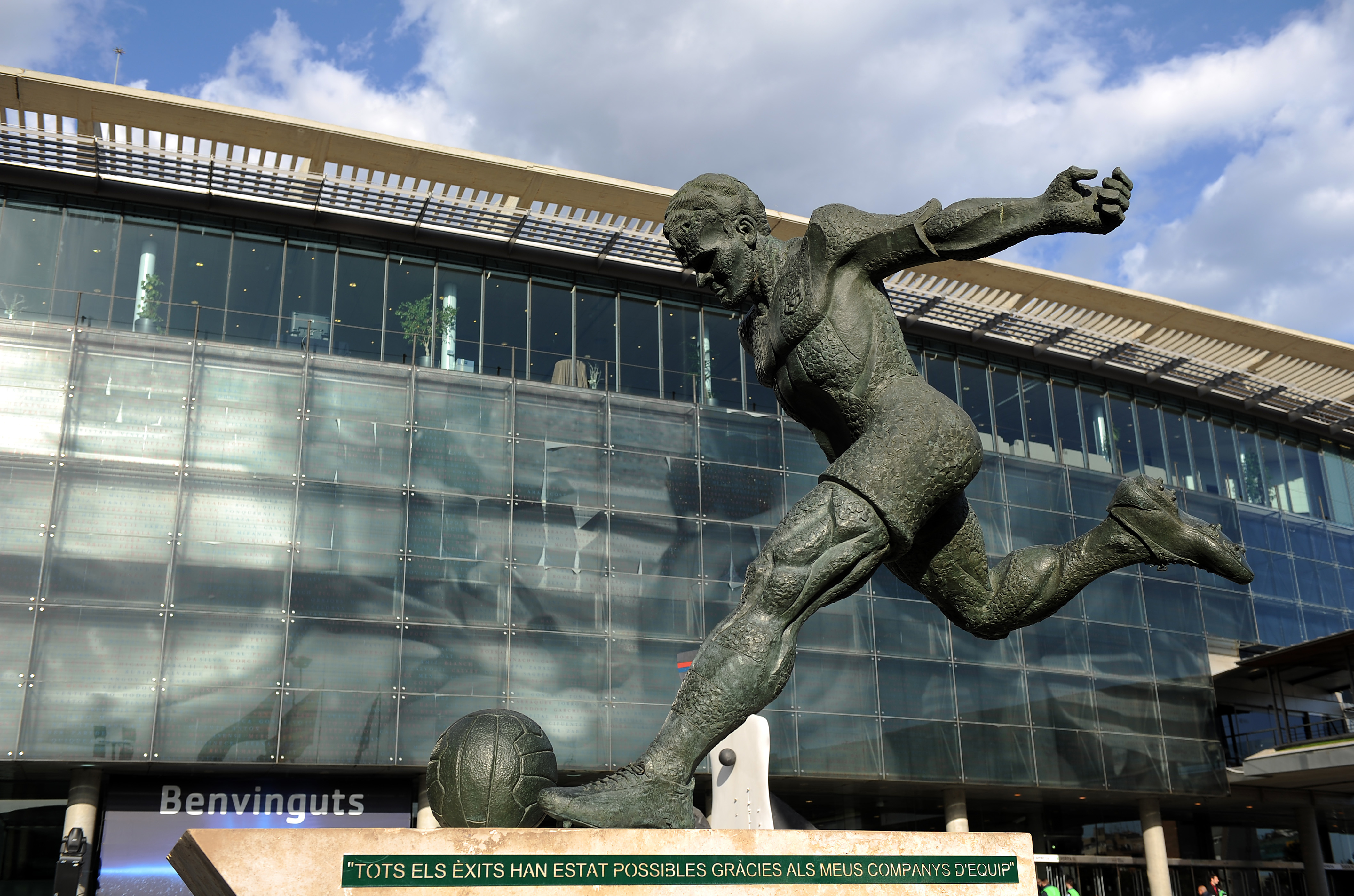
Legend has it that Barcelona built Camp Nou because their old home at Les Corts was not big enough to meet the demands of the thousands of fans who wanted to watch the legendary Laszlo Kubala.
Kubala spent 10 years at Barcelona between 1951 and 1961. And having made three appearances for Hungary in 1948, he went on to represent Spain, scoring 11 goals in 19 games between 1953 and 1961.
2. Ferenc Puskas
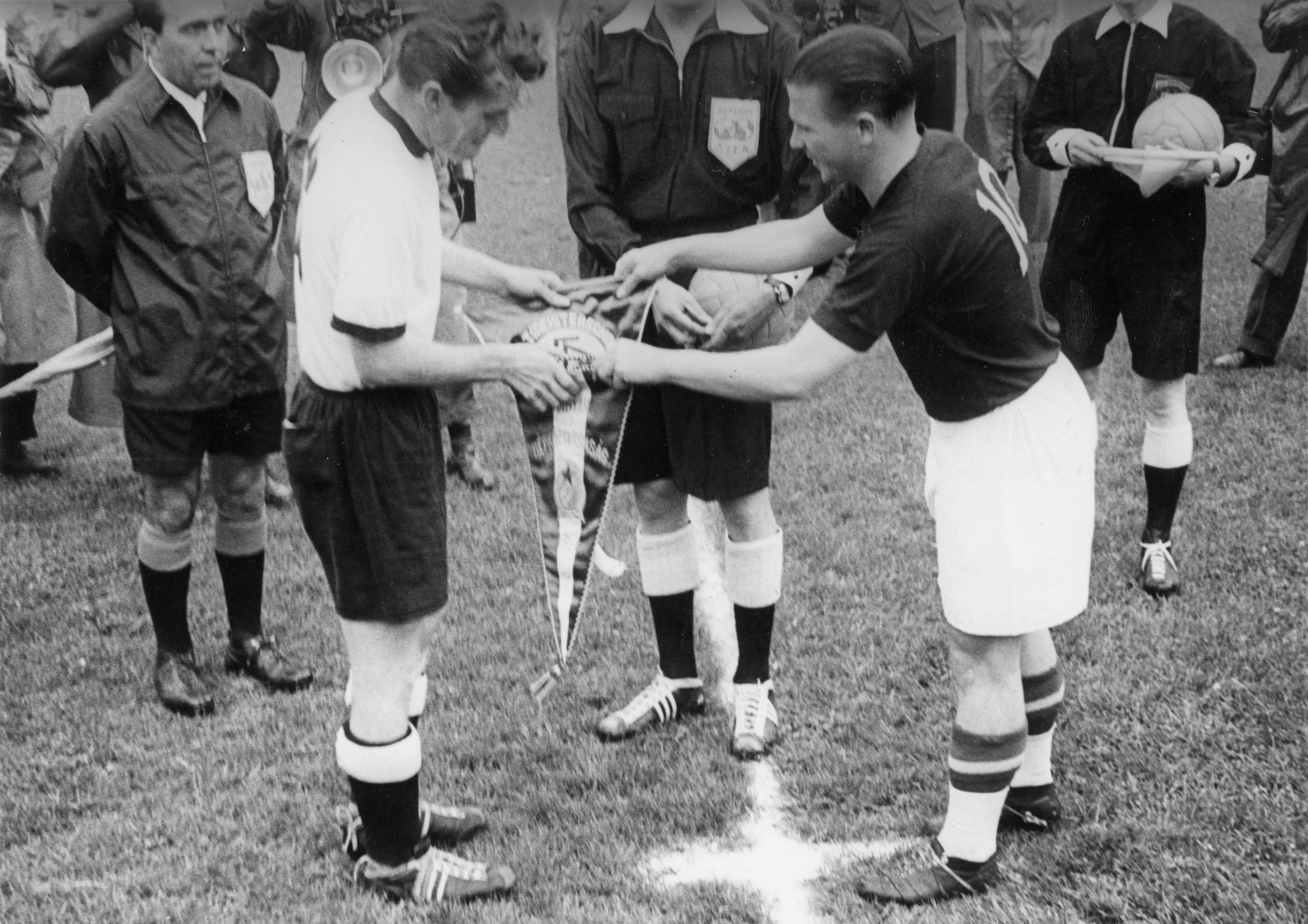
The most famous of a golden generation of players from Hungary, Ferenc Puskas led the Mighty Magyars to the 1954 World Cup final, in which they were surprisingly beaten by West Germany.
Two years later, Puskas and a number of other players fled communist Hungary and organised an international tour. After serving a two-year ban by UEFA, he signed for Real Madrid and played four games for Spain – three at the World Cup in 1962 – after gaining citizenship. He did not return to Hungary until 1981.
1. Alfredo Di Stefano
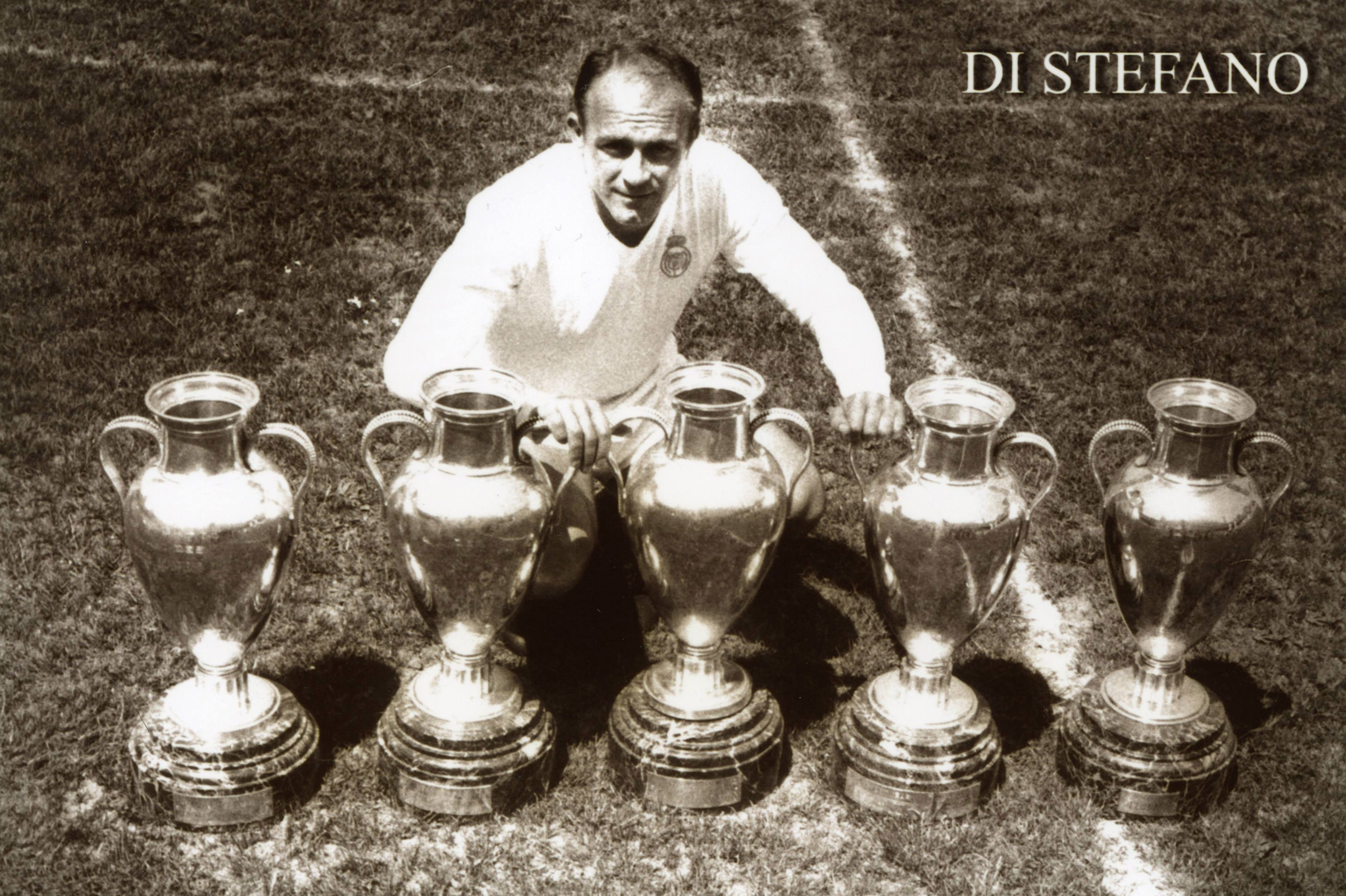
One of the greatest footballers of all time, Alfredo Di Stefano is better known for his club career – he led Real Madrid to five European Cups between 1956 and 1960 – than his international exploits.
Di Stefano was born in Argentina and scored six goals in six games for his country, but he was later banned after featuring four times for an unofficial Colombia XI (not recognised by FIFA at the time) and went on to represent Spain after gaining citizenship in 1956. He netted 23 goals in 31 matches for La Roja, but never played in a World Cup and retired from international football in 1962.







